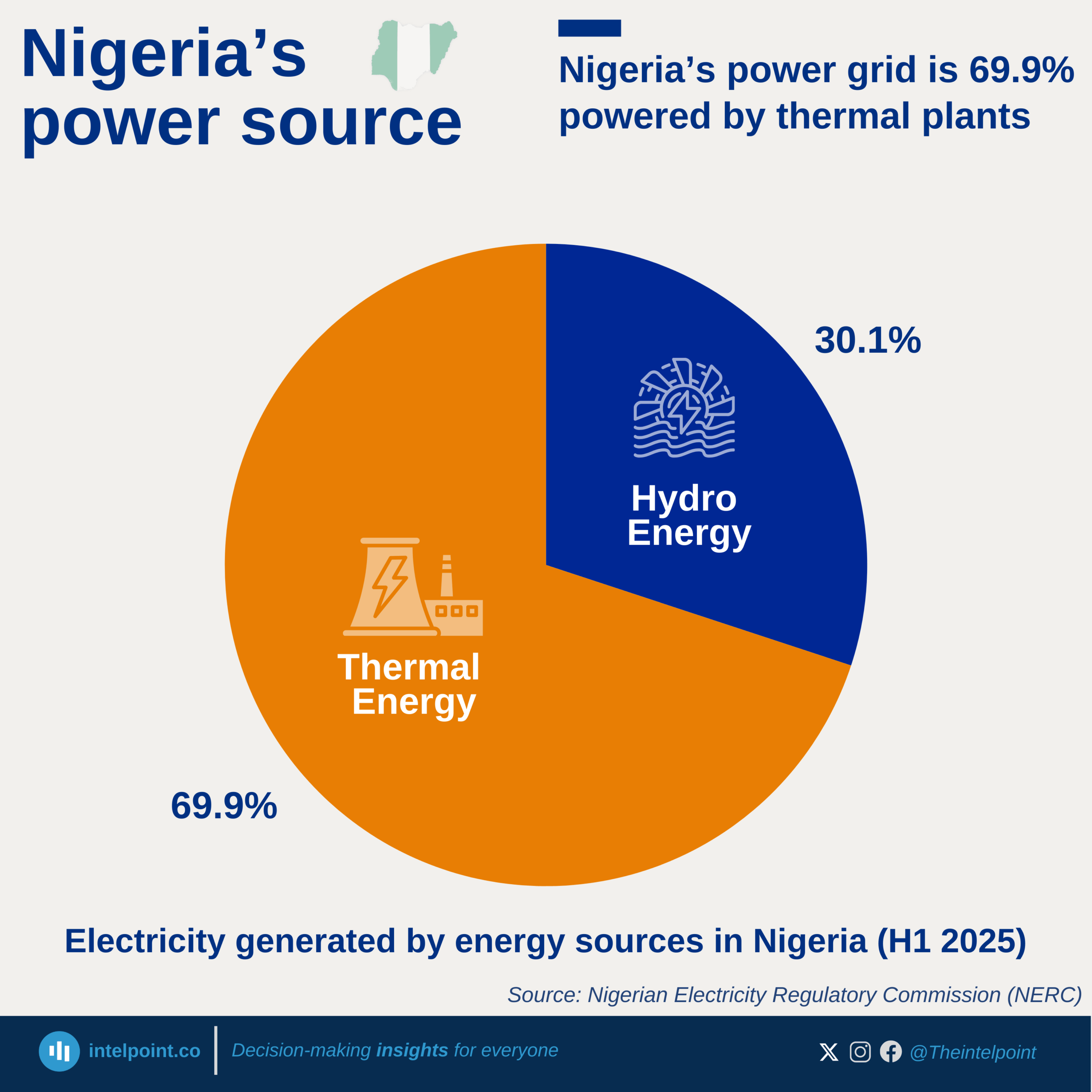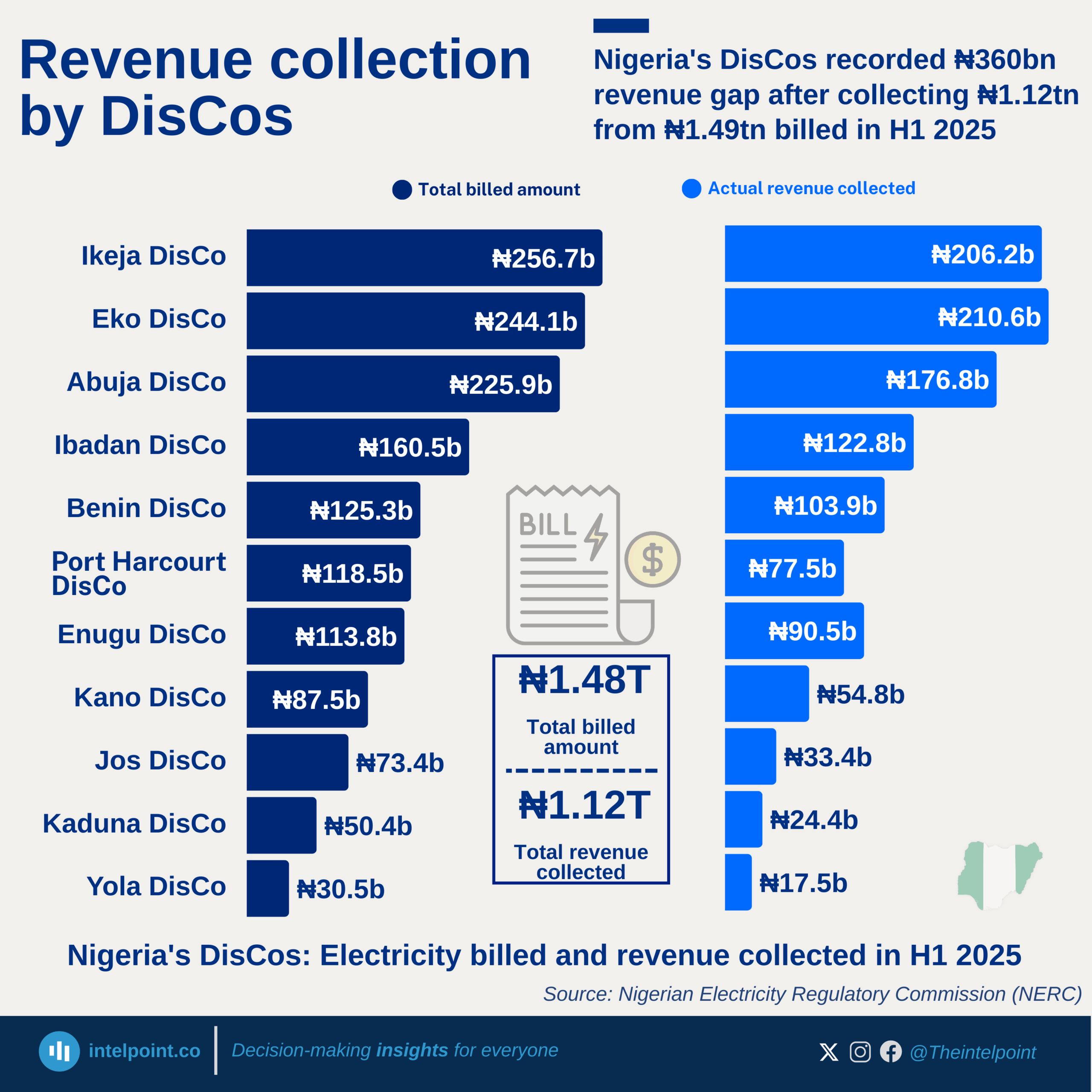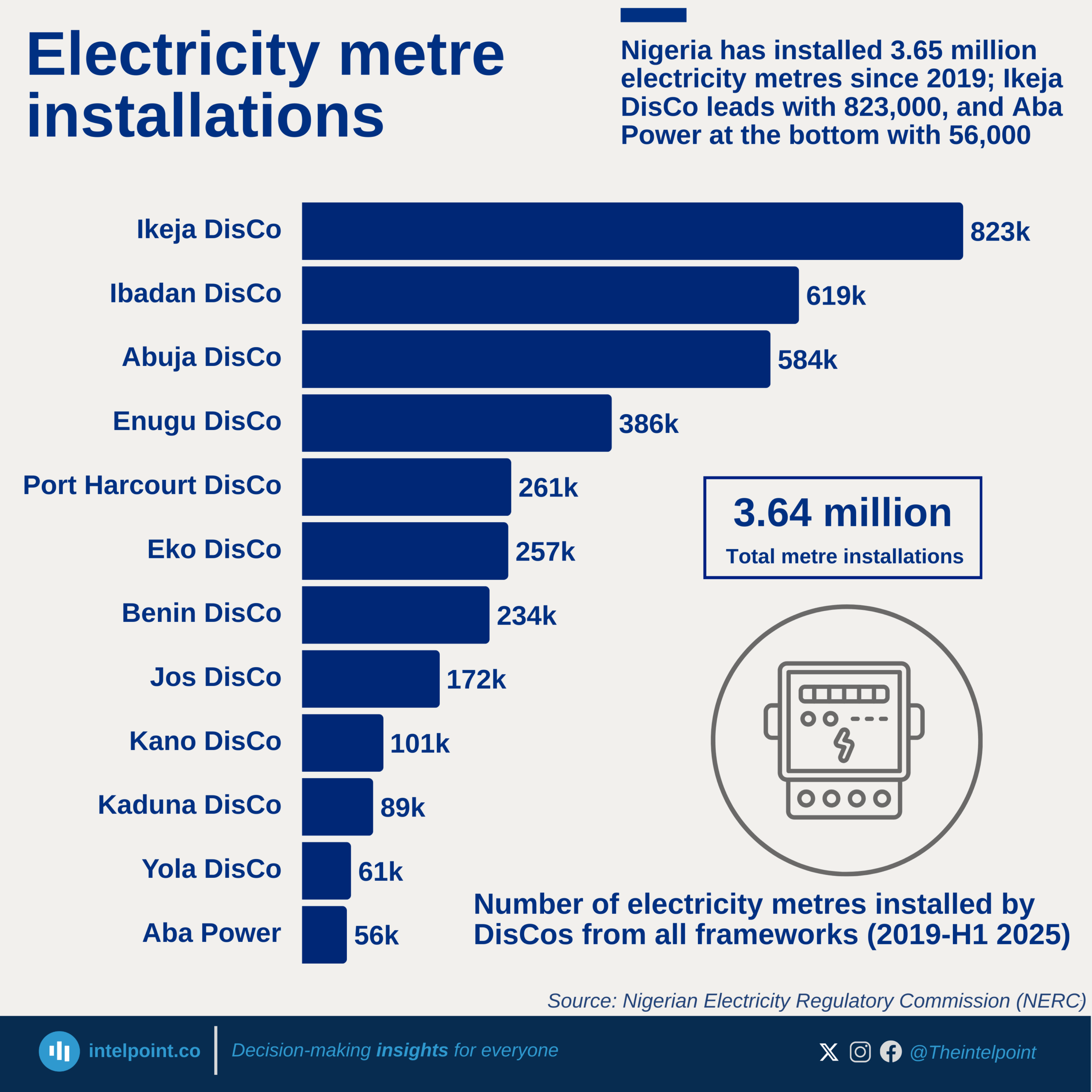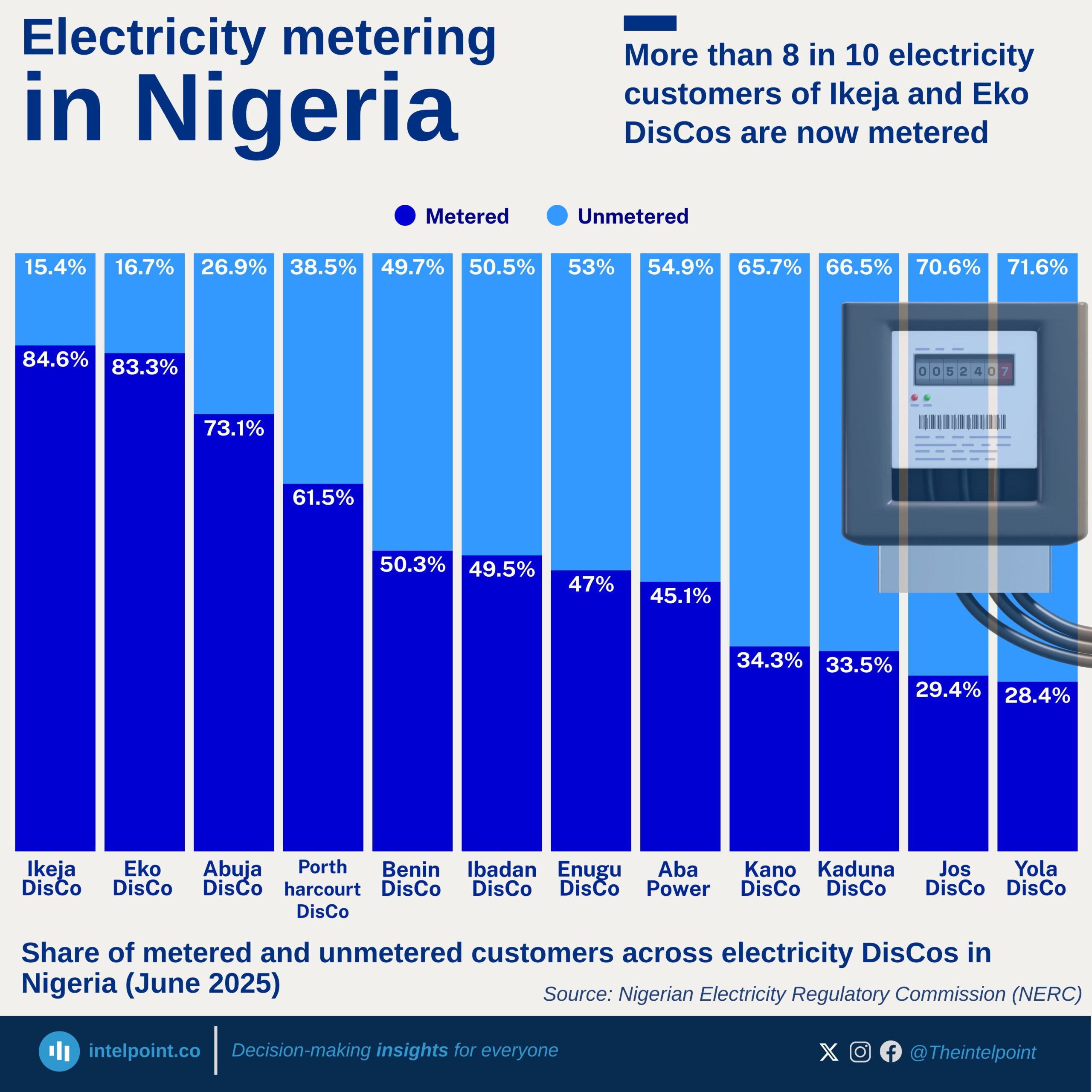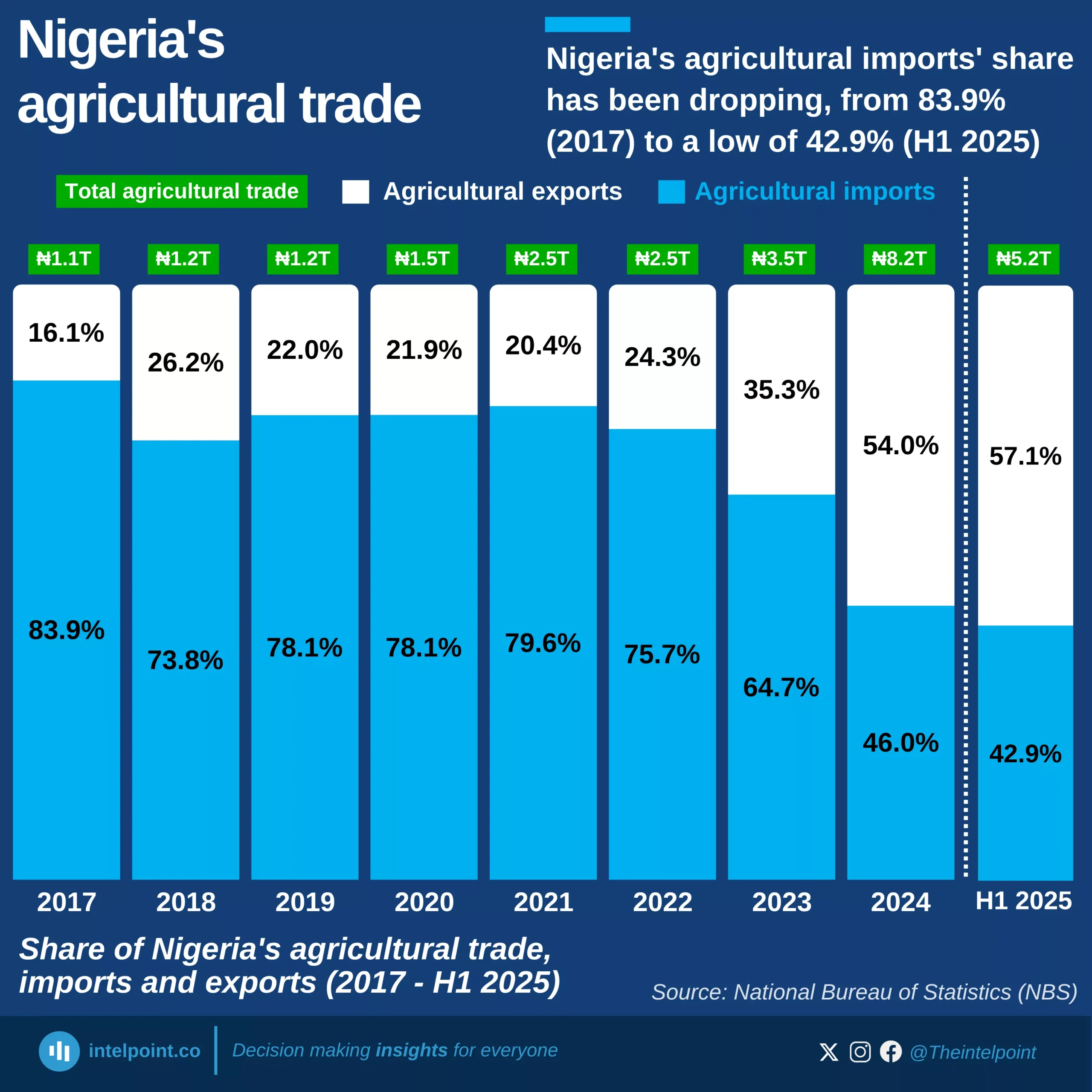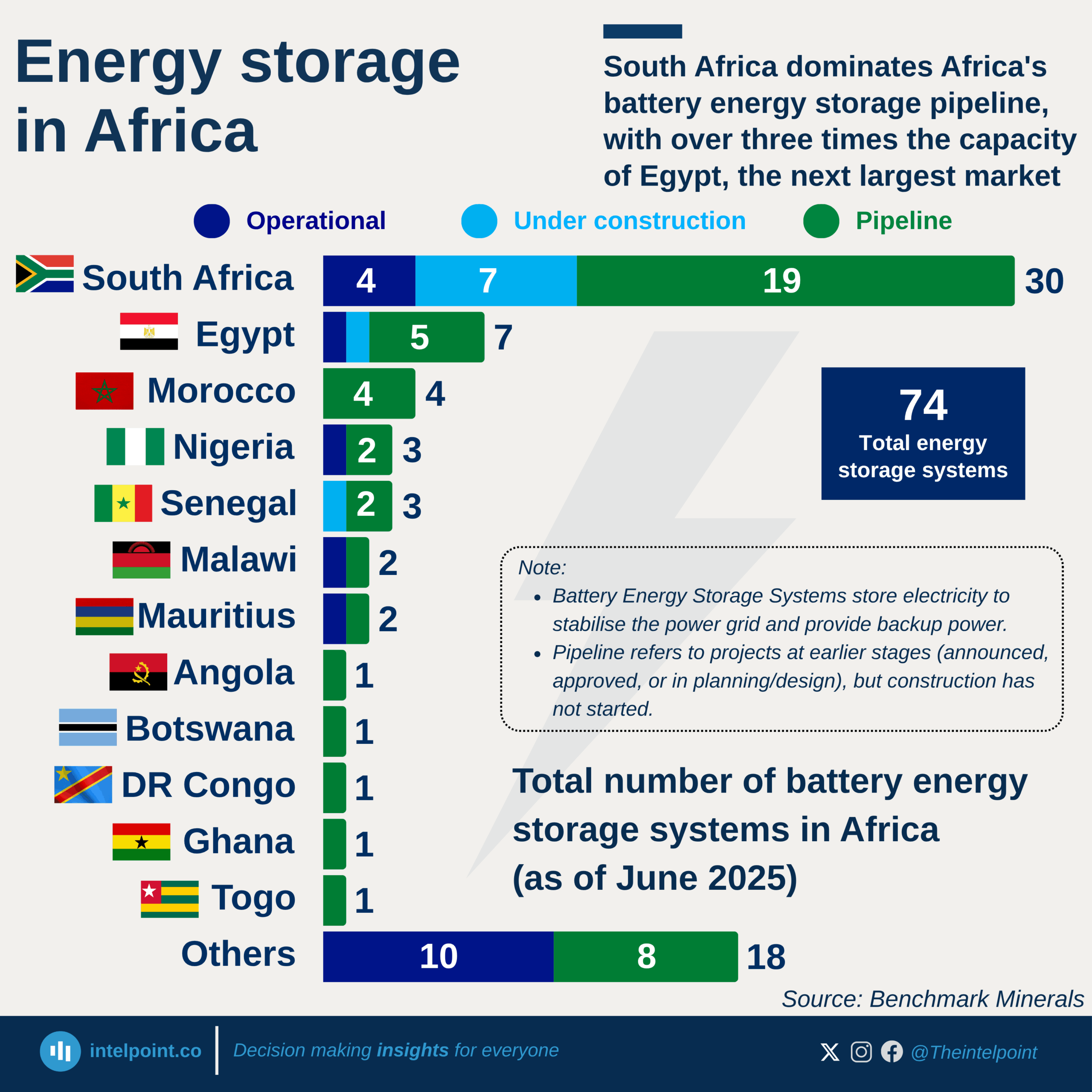Charcoal, a solid biofuel derived from organic, renewable biomass sources, is a vital source of heat energy. In Sub-Saharan African countries like Democratic Republic of Congo, Nigeria, Côte d'Ivoire and Ghana, over 60% of households rely on charcoal as a primary cooking fuel.
In 2023, Africa produced 1,367.26PJ of charcoal, making up 69.2% of the total quantity produced globally. The Democratic Republic of Congo produced over 20% of Africa's total output. In the Democratic Republic of Congo, charcoal is a critical source of heat energy and income, especially in urban and peri-urban areas. Over 90% of urban households in the cities like Kinshasa, Goma, Kisangani, and Bunia rely on charcoal for cooking due to unstable/unreliable electricity, easy storage and transportation.
Nigeria produced over 3% of Africa's total charcoal output, ranking it the 9th highest charcoal-producing country in Africa. It can be seen that although DRC and Nigeria are both Sub-Saharan African countries, they have varying values of production due to demand and percentage of usage.
